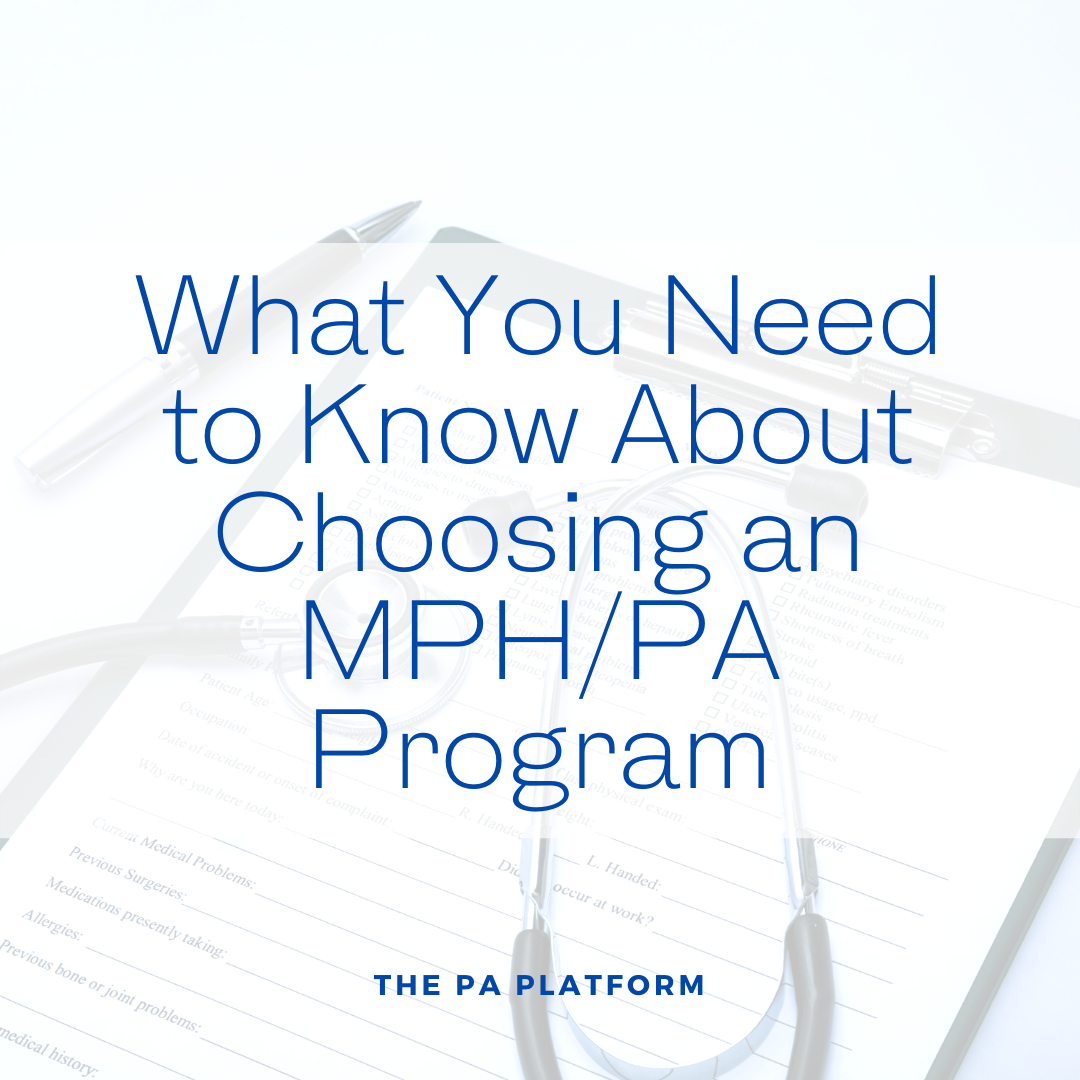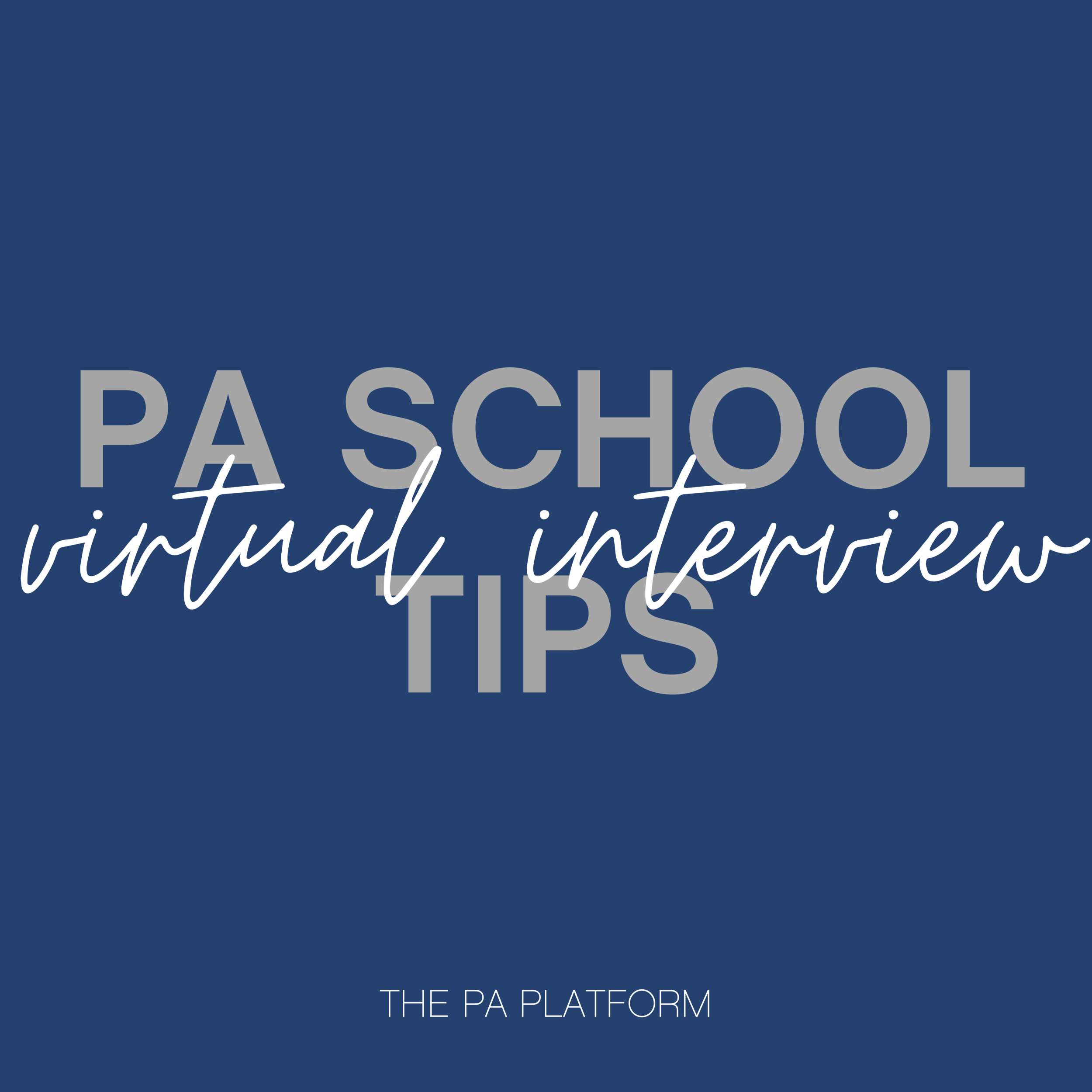Have you ever been in a car wreck you saw coming? I was a passenger in this type of collision in high school. Even though we were stopped, I saw that the car turning left was about to get hit, and would likely collide into us. That split second was so strange because it felt like it happened in the blink of an eye, but time slowed down enough that I anticipated the impact and had time to brace for the crash. That’s how interviews feel.
Each program varies in how they conduct interviews, and programs like to change up their methods occasionally. Imagine the difficulty of having 10-20 minutes of face time to choose a limited number of students to not only succeed in the program, but get along as a class. While there are some aspects you can expect and prepare for, be ready for the unexpected as well. Schools are looking for applicants who can be flexible and adapt easily without getting flustered.
For the most part, interviews consist of the same components: a tour, an orientation to introduce you to the program, time to interact with current students and meet faculty, and some type of face-to-face interview. Optional components may include an essay or group session, or even a quiz! Programs could let you know beforehand about a test, or just surprise you after arrival. Again, be prepared for anything. Go into the interview expecting the unknown, so you’re less likely to be thrown off when something comes up you didn’t prepare for. Keep in mind with these various elements that every single part of your experience is part of the interview, even when you're just chatting it up with current students!
There are various types of interviews or ways that these sessions can be set up. These include:
One-on-one interviews
Two-on-one interviews
Panel interviews
And then there are the various styles, including:
Traditional interviews
Behavioral/situational interviews
Ideally, if you know what to expect before going into the interview, you'll be able to prepare most effectively, but that's not always possible. In any case, it's worth taking some time to prepare by going over commonly asked questions and reviewing your CASPA application. For more information on PA school interviews, check out the Physician Assistant School Interview Guide.















